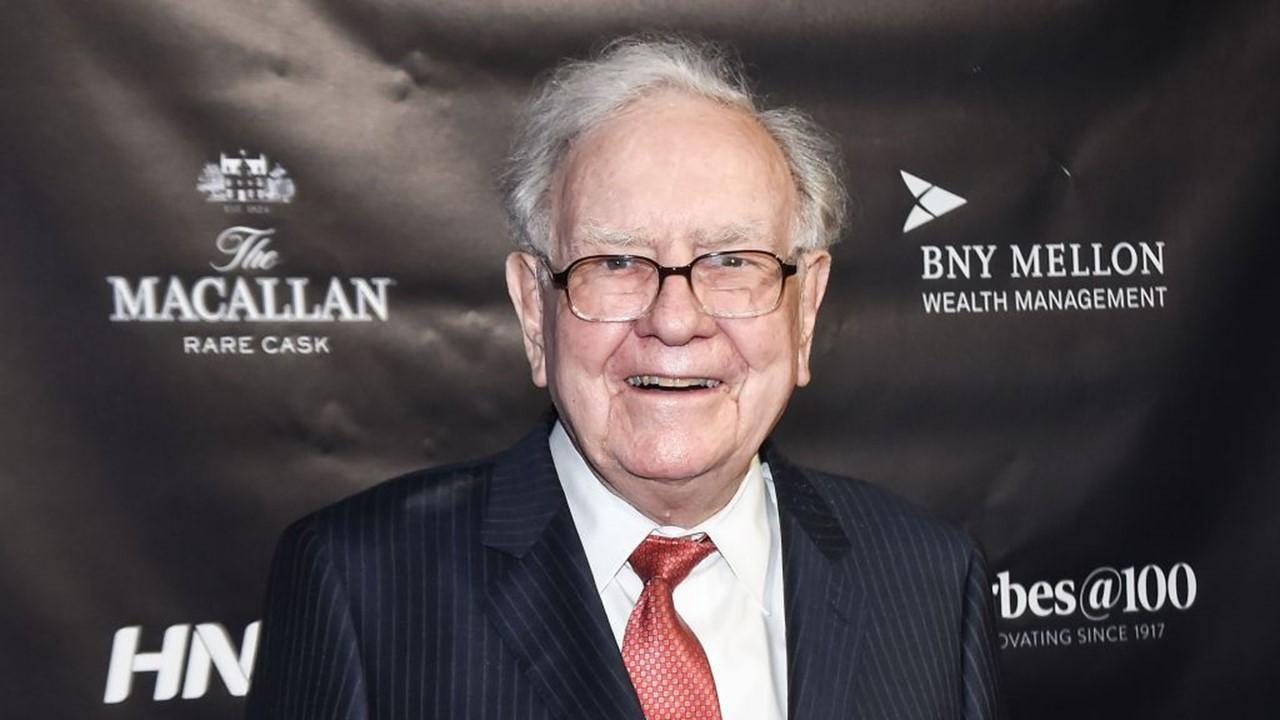What Are Stock Warrants and Why Does Warren Buffett Love Them?
A stock warrant gives the holder the right to buy the company’s stock at a specified price in the stipulated period.
Dec. 8 2020, Published 11:22 a.m. ET

Stock warrants are a form of derivatives. While Berkshire Hathaway chairman Warren Buffett has spoken against derivatives, he has used warrants multiple times. What are warrants in stocks and why does Buffett seem to love them despite his stated distaste for derivatives?
A stock warrant is a derivative contract that gives the holder the right to buy the company’s stock at a specified price in the stipulated period. The holder has the right but not the obligation to buy the stock if the conditions are met. The warrant issuer has the obligation to deliver the stocks to the holder after the conditions are met.

Does a stock warrant sound similar to a stock option? It certainly is but there are some differences between a stock option and a stock warrant.
How does a stock warrant differ from a stock option?
First, warrants are issued directly by the company, while options are contracts between two parties on the stock exchange. Second, while warrants are usually long-term contracts, options are short-term contracts. Third, warrants are a future source of capital for the company. Exercising warrants would impact the company’s outstanding shares, unlike options where exercising options don't have an impact on the company’s capital structure.
How does a warrant work with stocks?
To understand how stock warrants work, let’s look at Buffett’s investment in Bank of America. In 2011, Buffett invested in Bank of America with preferred stock that gave a 6 percent annual coupon and also came with warrants. The warrants allowed Buffett to buy Bank of America shares at a strike price of $7.14 before 2021.
In 2017, Buffett exercised the option and acquired 700 million shares of Bank of America at $7.14 and spent around $5 billion. At the time, Bank of America’s shares were trading above $24, which implies that Buffett’s stake in the bank was valued at $17 billion. The Oracle of Omaha, as Buffett is known, made a cool $12 billion as paper profit on the transaction.

Are stock warrants good or bad?
Buffett has brought warrants in many other companies like Goldman Sachs and General Electric. Recently, he brought preferred shares with warrants of Occidental Petroleum in 2019. While the other warrants were exercised and Buffett earned a profit, the Occidental Petroleum deal has been troublesome for Buffett.
Under the terms, Buffett can buy 80 million shares of Occidental Petroleum at $62.50 after the preferred shares are redeemed, which is almost triple Occidental Petroleum's stock price. It looks highly unlikely that Buffett will be able to exercise the option. However, Buffett didn't lose out in the deal. The company is still getting the preferred dividend, but Occidental paid the dividend in shares instead of cash amid its financial troubles.
As an option, the downside risk is lower for the holder in a warrant. While the holder would enjoy the upside if the stock went up, he wouldn't lose much if the stock falls. Similarly, in a “put” warrant, the holder hedges himself from any decline in the stock price and can sell back the shares to the company.
Why do companies issue stock warrants?
Companies issue stock warrants to attract investors. For example, a company may attach a warrant to a bond while giving a lower coupon. It’s a win-win transaction. The holder would get some fixed returns and retain the upside if the stock goes up. For the company, issuing warrants helps it attract more investors and lower the cost of debt.
What happens when a company calls warrants?
When the company calls warrants, it has to issue new shares to the holders who chose to exercise the warrants. If the issue price is much lower than the prevailing stock price, the stock could fall like when Hyliion announced the redemption of its 12.5 million outstanding warrants.
